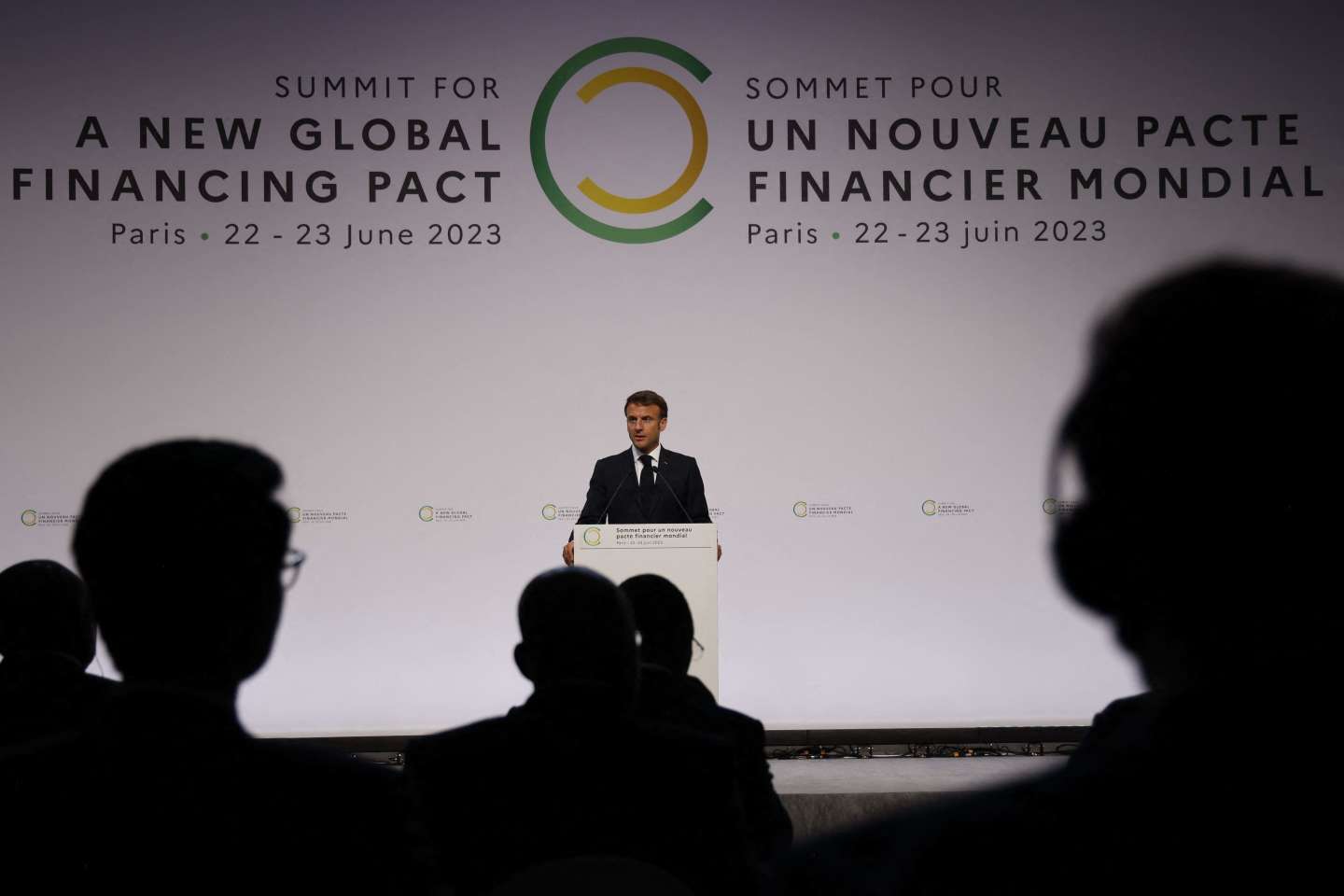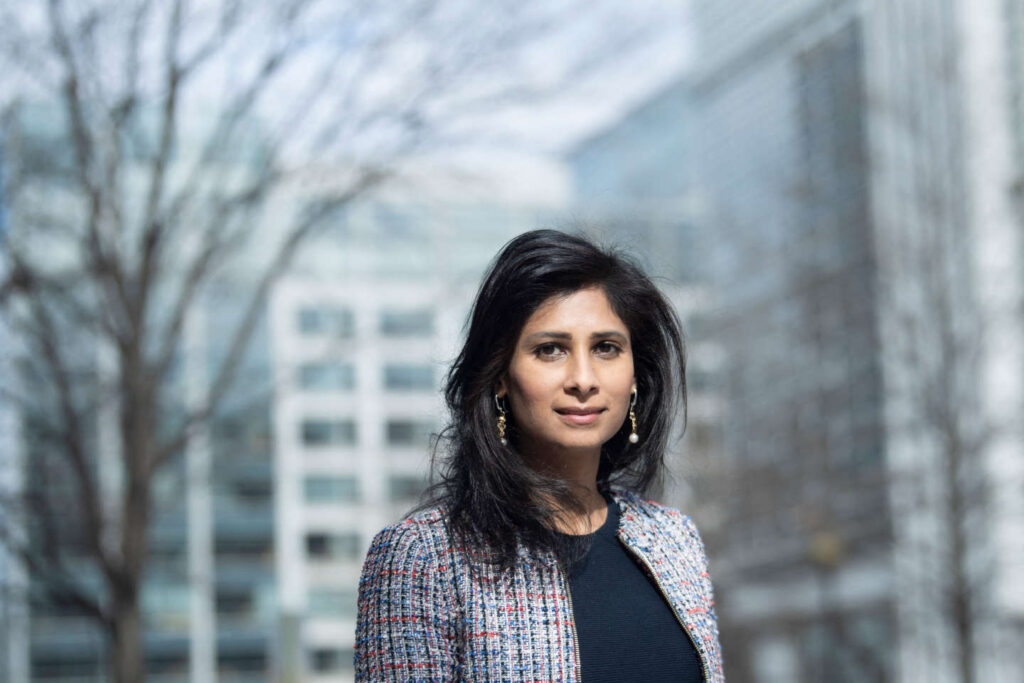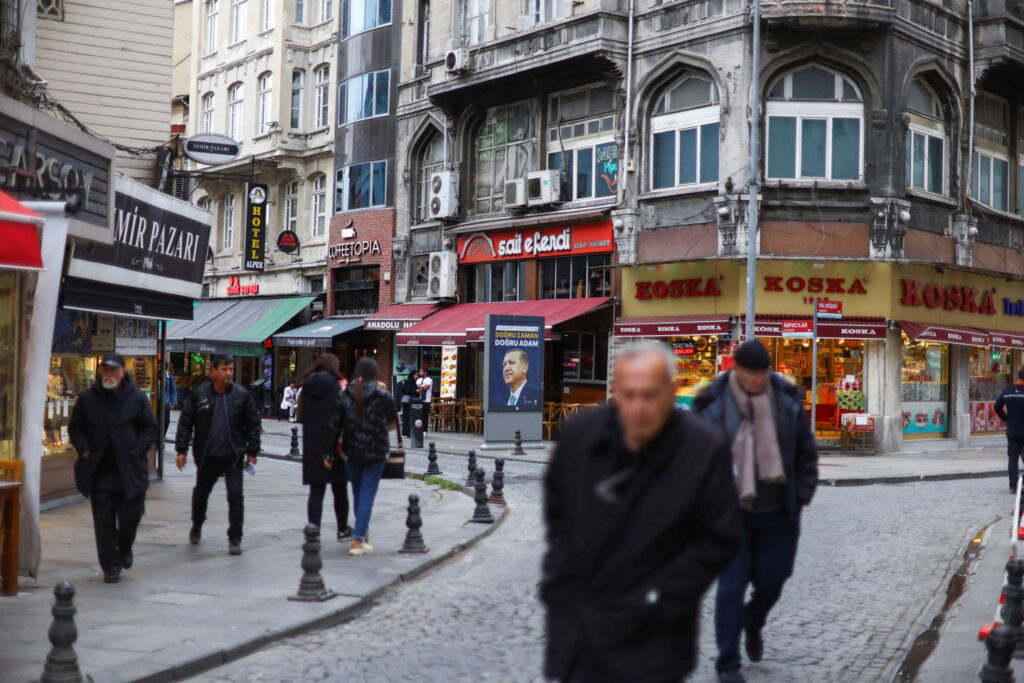IFrance is organizing the Summit for a new global financial pact on 22 and 23 June. The international community cannot afford to miss, once again, the opportunity to act, while the climate crisis is hitting the most exposed countries and the least emitters the hardest, resulting in immense humanitarian needs.
With the disappointment of COP27, the gap between rhetoric and action has fueled resentment and eroded trust between South and North. There is a strong correlation between extreme poverty, conflict and people’s vulnerability to climate disaster risk.
Yet, at present, global climate and humanitarian aid policies and funding are uncoordinated. The world’s most vulnerable communities are those receiving the least investment in climate resilience and adaptation.
As humanitarians, we witness this on the ground and fear that fragile and crisis-affected communities are being left behind. France and the European Union have provided significant humanitarian resources and contributed official development assistance (ODA) to meet the surge in humanitarian needs, but this investment risks being a drop in the bucket. in the ocean in the face of future damage from climate change.
A lack of innovation
France’s support for the Bridgetown initiative, led by Barbados, which aims to increase climate change financing for low-income communities, and its leadership in the launch of the New Deal Summit global financial institution represent one of the few serious efforts to rectify this inequality and respond to criticism of the North’s inaction. In this sense, several points must be addressed between now and the next United Nations climate conference, to be held in Abu Dhabi in November.
First, there is an urgent need to better understand the interconnections between poverty, climate and humanitarian risks, at national and regional levels. This mechanism is tragically illustrated in the central Sahel (Mali, Burkina Faso and Niger). Extreme poverty, climate vulnerability, increased humanitarian needs, regional insecurity and forced migration are closely linked.
Without a paradigm shift, funding for humanitarian aid will not be able to keep up and non-state armed groups will fill the void. The Great Green Wall, which fights desertification and creates livelihoods for communities in the Sahel, is a step in the right direction, but one that requires adequate funding and real local governance.
You have 57.46% of this article left to read. The following is for subscribers only.



